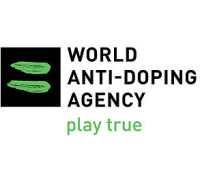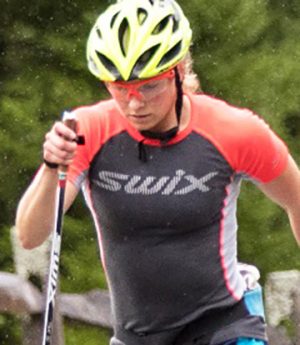 May 21, 2015 (Montreal, QC) – The World Anti-Doping Agency (WADA) revealed today the applied science and social science-related areas and that will be financed by the Special Anti-Doping Research Fund. The majority of the applied science themes will help build on research topics previously explored by WADA, including improvement of detection methods and tools, and exploring greater insight into emerging doping substances and techniques.
May 21, 2015 (Montreal, QC) – The World Anti-Doping Agency (WADA) revealed today the applied science and social science-related areas and that will be financed by the Special Anti-Doping Research Fund. The majority of the applied science themes will help build on research topics previously explored by WADA, including improvement of detection methods and tools, and exploring greater insight into emerging doping substances and techniques.
With the confirmation that USD 1 million of the total 12 million fund will be dedicated to social science research, these social science-themed areas will be announced at a later date.
“WADA is committed to increasing the quality of anti-doping research in the coming years,” said WADA President, Sir Craig Reedie. “As dopers become more sophisticated, it is important that we in the clean sport community continue to prioritize research in key areas. With sport and government demonstrating their commitment to greater research through the fund, I am convinced that we have selected some important themes through which to extend our existing research efforts. This will help us understand not only different doping trends, but also detection methods and the prevalence of doping that exists worldwide, too.”
Governments of 12 different countries have already committed USD 5.9 million to the new research fund, which the IOC will match dollar-for-dollar as payments are received. The new fund is expected to reach USD 12 million by 31 March 2016, by which time the financial contributions from all pledges will have been received. In its capacity as the global organization responsible for monitoring, coordinating and promoting the fight against doping in sports, WADA will administer the funds, allocating them to research teams around the world through grants in accordance with its grants process.
The following applied science themes of the new fund include:
– The growing trend of autologous blood transfusions, which is the practice of adding one’s own blood to enhance oxygenation (to the muscles);
– The Athlete Biological Passport, to integrate advances to blood-doping and steroid-use markers as well as introduce new cutting-edge biomarkers;
– Improving blood tests, including coming up with less invasive forms of collection (e.g. finger pricks);
– The detection of doping by genomics, proteomics and metabolomics;
– The detection of doping agents in the athlete’s hair and in sewage water;
– Better evaluation of the prevalence of doping in particular sports and in general;
Funds can be accessed by research teams anywhere in the world through WADA’s standard application process. The deadline for applying for research grants for the topics outlined will be early 2016. WADA will confirm the exact date in due course, when it issues its call for applications.
The 12 countries who agreed to contribute to the fund are China, France, Ivory Coast, Japan, New Zealand, Peru, Qatar, Saudi Arabia, South Korea, Turkey, the United States and Sweden.
Since 2001, WADA has allocated over USD 60 million – procured from governments, the IOC and other stakeholders – to anti-doping research.






![National camp action [P]...](https://skitrax.com/wp-content/uploads/2019/08/Duluth-4-2019-08-08-at-10.46.51-AM-300x246.png)
![Matt Liebsch on the CXC Elite Team [P] CXC...](https://skitrax.com/wp-content/uploads/2019/08/Matt-Liebsch-CXC.2-525x700.4-300x267.jpg)
![Dan LaBlanc [P]...](https://skitrax.com/wp-content/uploads/2019/08/Dan-LaBlanc-img_1855.3.jpg)
